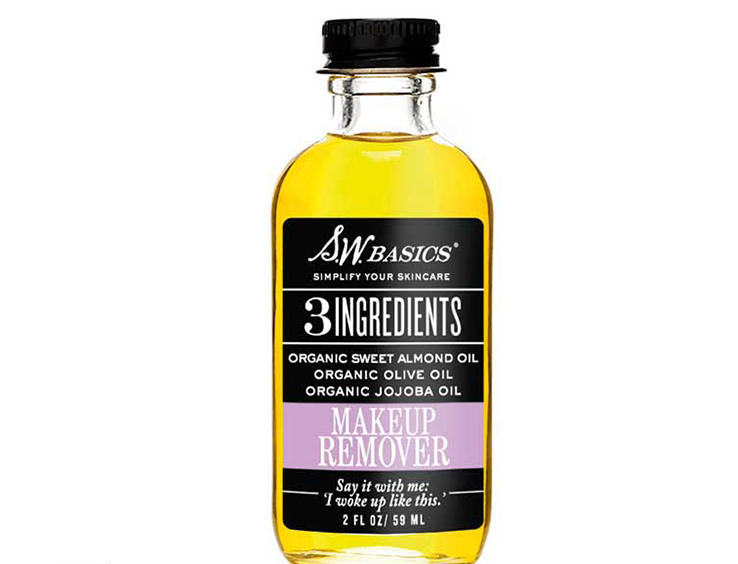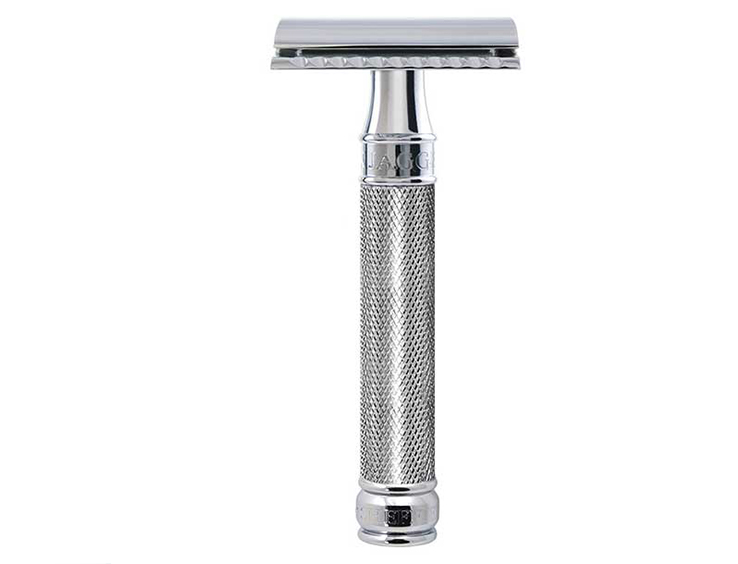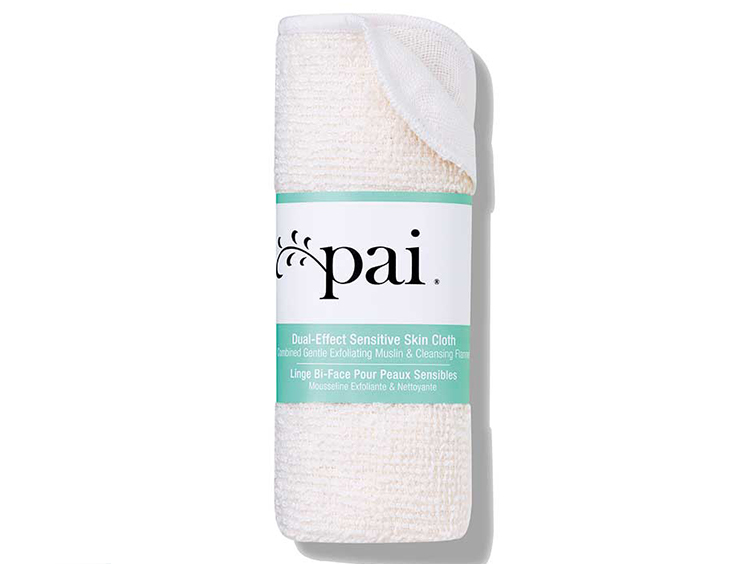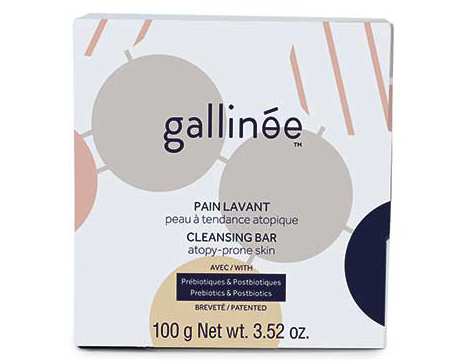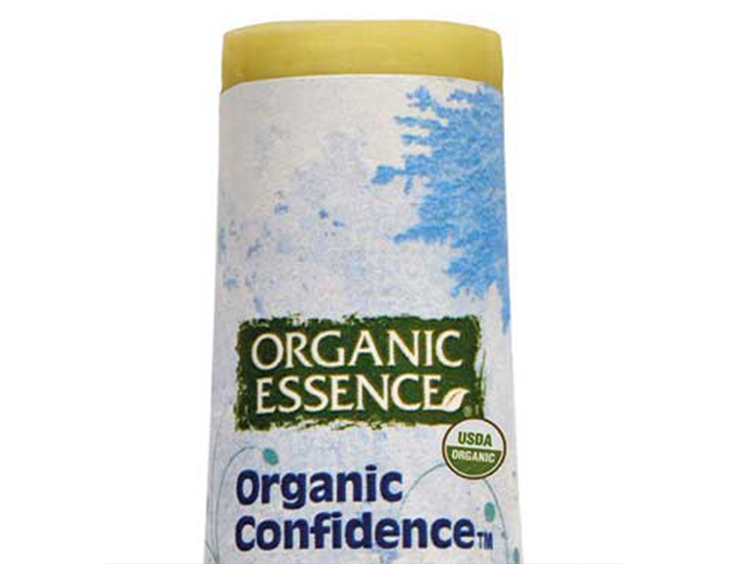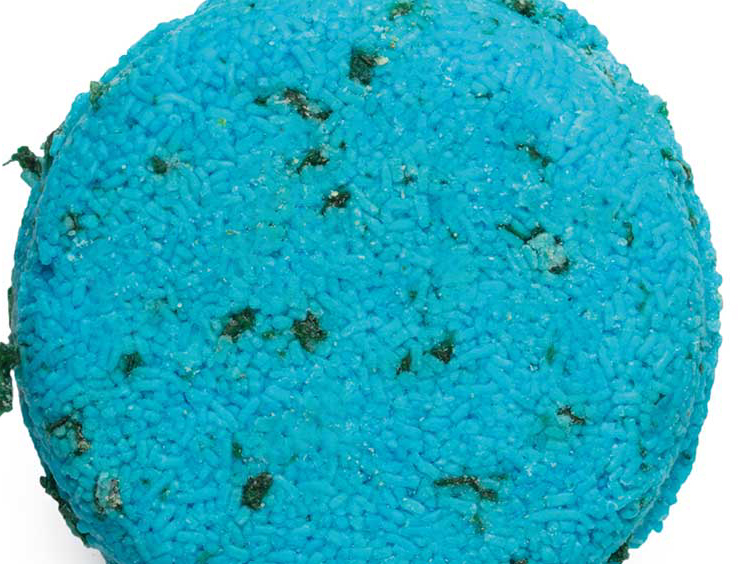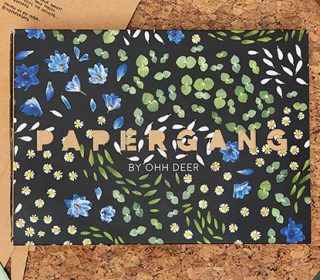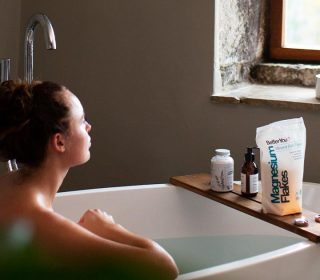6 plastic-free products to eco-up your bathroom
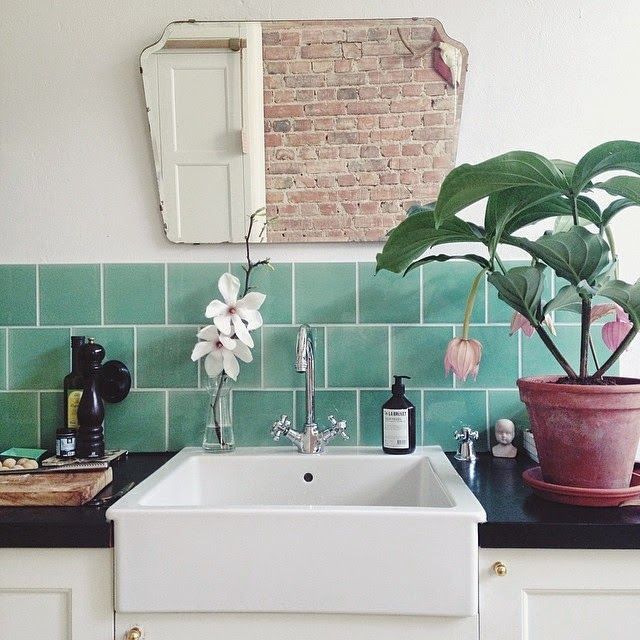
Anyone who saw the clip of British diver Rich Horner swimming through a sea of discarded plastic bottles off the coast of Bali would have been horrified at the amount of waste that ends up in the sea. So bad is the situation, the Ellen MacArthur Foundation predicts that by 2050 the oceans will actually contain more plastic by weight than fish. And with plastic taking around 450 years to decompose, the stuff that ends up in landfill isn’t exactly going anywhere soon either.
The good news is zero-waste shops, where you fill your own jars with food, are popping up everywhere. The Netherlands boasts the world’s first plastic-free supermarket and 65 London businesses are offering free water bottle refills as part of Refill London.
But if we’re to win the war against plastic, we have to take the battle to the bathroom, too.
To minimise the amount of plastic in your own bathroom, opt for products in recyclable glass jars (S.W. Basics have ones with metal lids); ones that swap plastic for paper (like Organic Essence’s deodorants) or little wonders like Lush’s best-selling shampoo bars that are totally packaging-free.
Ditching the face wash for a non-soap cleansing bar means one less plastic tube, as does swapping face scrub for a cleansing cloth. Biodegradable bamboo toothbrushes will help too, and since razors are a major source of plastic waste (two billion are disposed of annually in the US alone), you might want to invest in an old-fashioned metal safety razor. There are plenty of online tutorials to teach you how to use them.
As was the case with microbeads, the beauty industry knows it’s on borrowed time with plastic packaging, especially as consumer pressure to ditch it mounts. In the meantime, we can all make an impact by cutting back on how much of the stuff we buy and throw away. After all, if you want to be able to look yourself in the mirror in years to come, that reduction has to become part of your daily routine.
Did you know? Virtually every piece of plastic that was ever made still exists in some shape or form. Shockingly, there are now believed to be more pieces of micro-plastic in the oceans than stars in the Milky Way.



